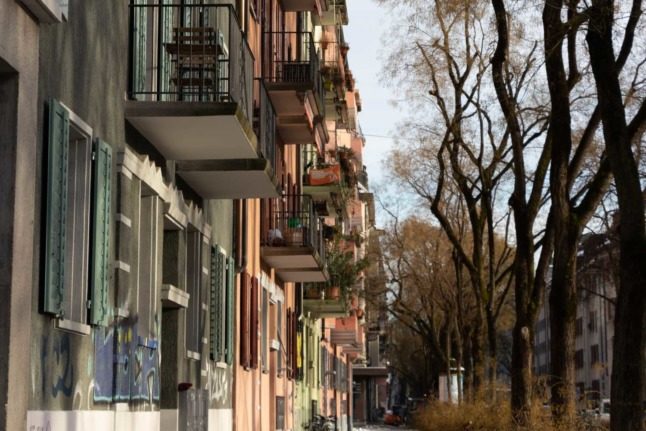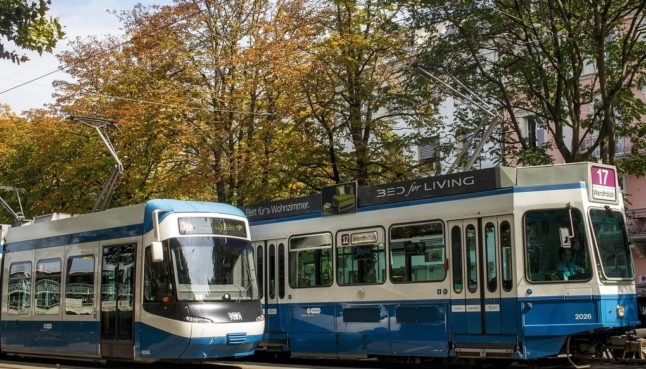Buying a home in Switzerland will certainly set you back. But there’s one canton where prices are rising at a quicker pace.
In the canton of Zurich, residential property prices rose by a relatively high 1.6 percent in the last quarter of 2023, after prices had effectively come to a standstill in the third quarter with a fall of 0.1 percent, Zurich Cantonal Bank (ZKB) reported in its real estate barometer on Tuesday.
This means that at the end of last year, homes in Zurich cost 3.7 percent more than in the previous year, according to the bank’s research. Across Switzerland, the increase was 2.0 percent.
READ ALSO: Property market – are Swiss prices set to fall in 2024?
What will the current year bring?
Anyone hoping for a drop in the cost of property is likely to be disappointed.
ZKB expects a slight slowdown in price growth for the current year – but no significant fall. For the canton of Zurich, ZKB is forecasting house prices to increase by 2.5 percent. For Switzerland, price growth is likely to be 1.5 percent.
The major trends on the property market from last year are likely to continue in 2024, ZKB said. Net immigration in Switzerland is set to remain high, while the decline in vacancy rates for rental flats will continue to cause problems.
Residential construction activity – slowed by fewer building permits and higher construction costs – will not be able to meet the additional demand for flats, experts warn.
It’s no wonder then that the city of Zurich was given the top spot in a recent worldwide ranking of cities most at risk of a housing bubble.
READ ALSO: Zurich tops worldwide ranking of cities at risk of housing bubble
The UBS Global Real Estate Bubble Index 2023 found that only Zurich and Tokyo remained in the bubble risk category, down from nine cities the previous year. Zurich had the highest score of 1.71, while Tokyo scored 1.65.
It means that house prices are grossly overvalued in Zurich. But, according to this study, rental prices in the Swiss city are rising even faster than real estate. Rent increases of five percent are possible in the next years, UBS real estate experts reported.
READ ALSO: Renting in Zurich – why sticking to one apartment will save you money
According to real estate group RealAdvisor, the median price for apartments on the market in Zurich is CHF 1,720,000. The asking price for 80 percent of properties falls between CHF 860,000 and CHF 2,980,000. The average price per m² in Zurich is CHF 16,118/m² (price per square meter).
The median monthly rent for apartments on the market is CHF 2,230, according to RealAdvisor, while the monthly rent of 80 percent of properties is between CHF 1,000 and CHF 4,350. The average annual rent per m² in Zurich is CHF 487/m² / year (annual rent per square meter of living surface).



 Please whitelist us to continue reading.
Please whitelist us to continue reading.
Member comments